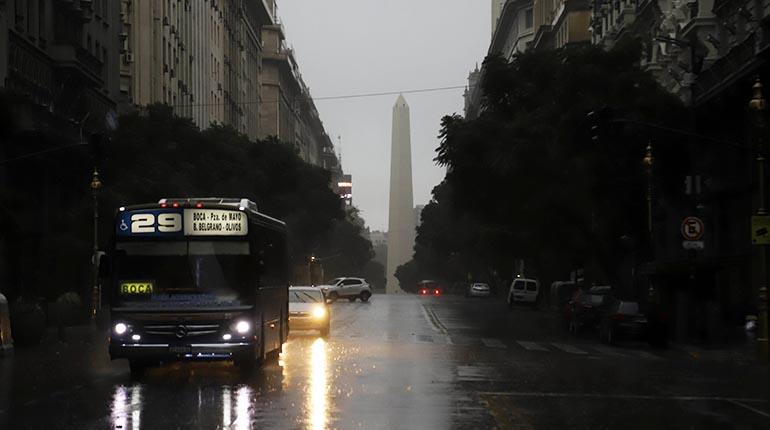RIO DE JANEIRO, BRAZIL – Argentina’s Ente Nacional Regulador de la Electricidad (ENRE) (National Electricity Regulatory Entity) defined as of this Saturday a 9% increase in the average tariff for this year for users of the distribution companies Edenor and Edesur in the metropolitan area of Buenos Aires, the most populous area of the country, below the accumulated and projected inflation.

The tariff adjustment begins the day after a confusing episode in which the media reported that the Ministry of Economy, in charge of Martin Guzman, requested the resignation of the Undersecretary of Electric Energy of his own portfolio, Federico Basualdo, which however was not confirmed because he has the support of the Vice President of the country, Cristina Fernandez de Kirchner.
The adjustment of electricity and gas tariffs is a subject of debate in Argentina, since the update, they need due to inflation -which accumulated 80% in the biennium 2019-2020 to which is added a market expectation of 46% for 2021- and variation of the exchange rate impacts on the purchasing power of Argentines, and particularly this year when legislative elections will be held.
But the subsidy paid by the State to the companies -between 40 % and 60 %, depending on the distributors- to cover costs increases the fiscal deficit and inflation because the Treasury must resort to financing through monetary issuance by the Central Bank due to restricted access to genuine financing.
Electricity and gas tariffs have been frozen since February 2019, when the Government of Mauricio Macri (2015-2019) interrupted the tariff update it was carrying out -after inheriting a scheme of frozen tariffs that resulted in costly State subsidies- due to the presidential elections that it finally lost that year.
Since December 2019, the Executive of Alberto Fernández “has prioritized the need to moderate the tariff impact on the purchasing power of families, businesses and industries, in the context of economic, health and energy emergency”, explains the statement released today by the ENRE, “even more so under the health emergency” in the context of the covid-19 pandemic.
But within the ruling party, there are two sides to the tariff update.
Guzmán has declared the need to raise the tariffs paid by the public twice a year and segmented them according to the level of income so that the level of subsidies remains constant at 1.7% of the GDP.
Meanwhile, Fernandez de Kirchner has said that it is necessary to align salaries and pensions with food prices and tariffs.
Last February alone, the Government decided to remove the differential subsidies that benefited 2,900 large users of electric energy, of more than 300 kilowatts per day, mainly industries and large commercial areas, and last month it raised the tariffs of these distributors by 3% due to the updating of a tax.

